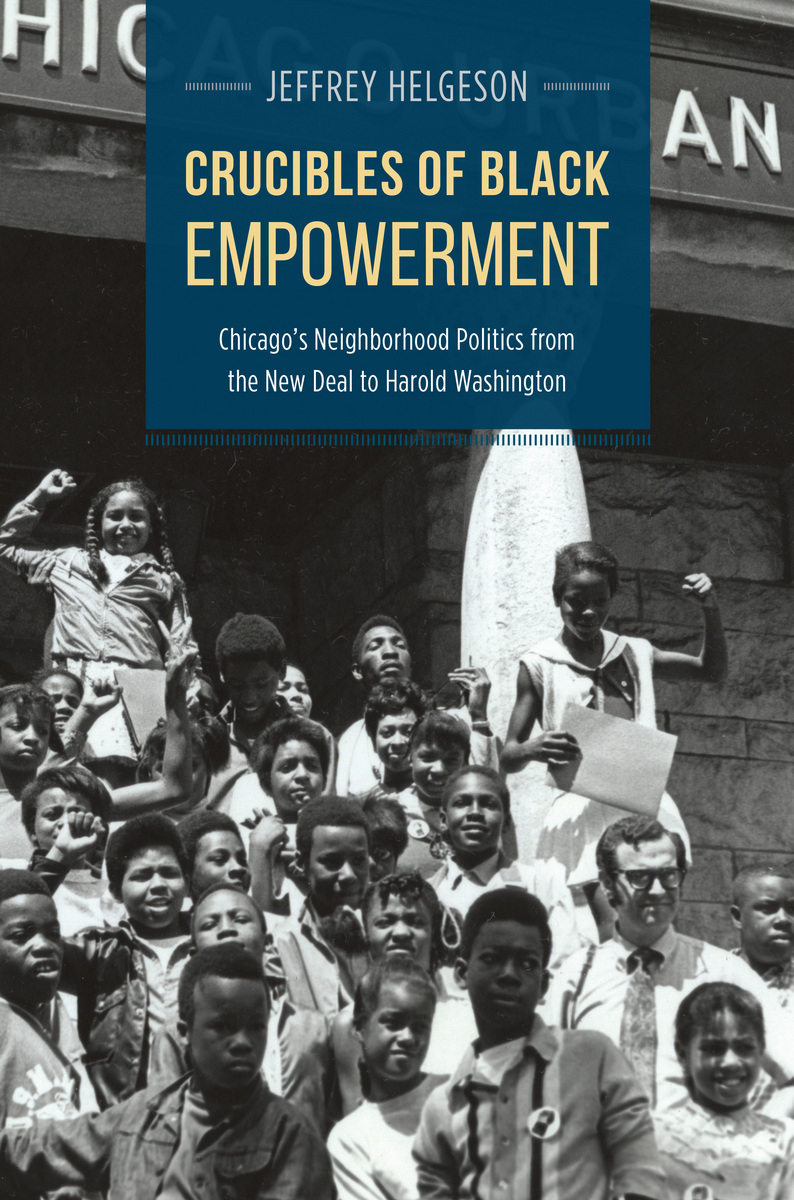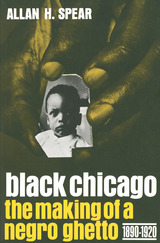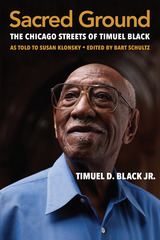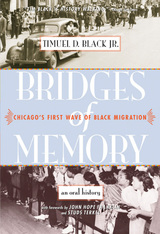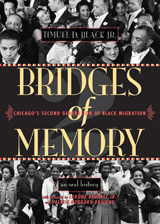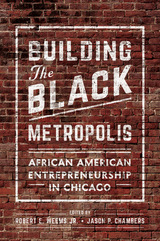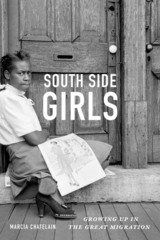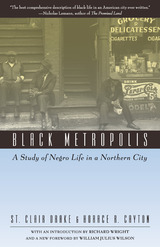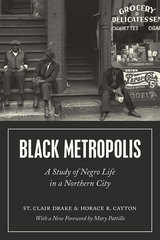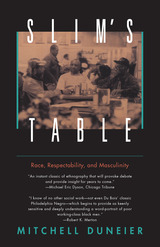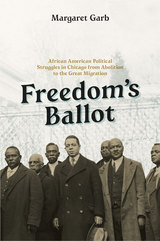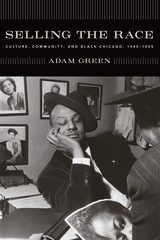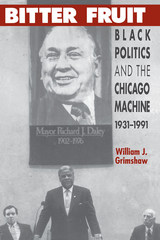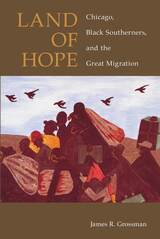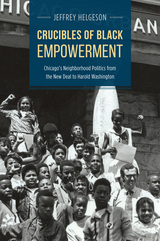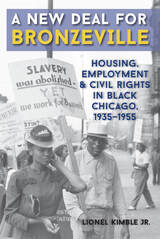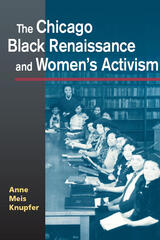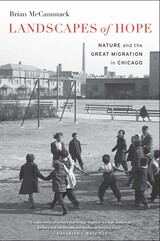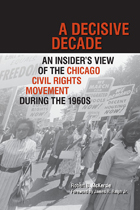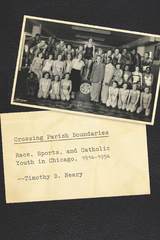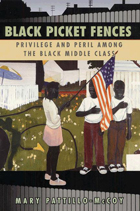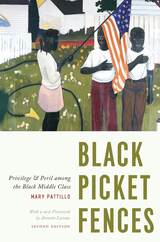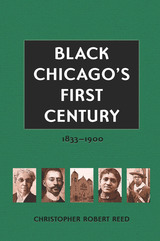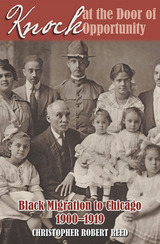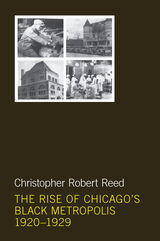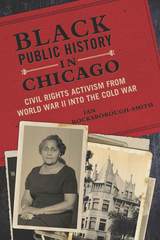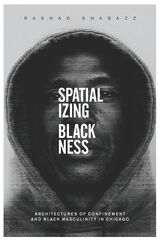Crucibles of Black Empowerment: Chicago's Neighborhood Politics from the New Deal to Harold Washington
University of Chicago Press, 2014
Cloth: 978-0-226-13069-9 | eISBN: 978-0-226-13072-9
Library of Congress Classification F548.9.N4H45 2014
Dewey Decimal Classification 323.119607307731
Cloth: 978-0-226-13069-9 | eISBN: 978-0-226-13072-9
Library of Congress Classification F548.9.N4H45 2014
Dewey Decimal Classification 323.119607307731
ABOUT THIS BOOK | AUTHOR BIOGRAPHY | REVIEWS | TOC | REQUEST ACCESSIBLE FILE
ABOUT THIS BOOK
The term “community organizer” was deployed repeatedly against Barack Obama during the 2008 presidential campaign as a way to paint him as an inexperienced politician unfit for the presidency. The implication was that the job of a community organizer wasn’t a serious one, and that it certainly wasn’t on the list of credentials needed for a presidential résumé. In reality, community organizers have played key roles in the political lives of American cities for decades, perhaps never more so than during the 1970s in Chicago, where African Americans laid the groundwork for further empowerment as they organized against segregation, discrimination, and lack of equal access to schools, housing, and jobs.
In Crucibles of Black Empowerment, Jeffrey Helgeson recounts the rise of African American political power and activism from the 1930s onward, revealing how it was achieved through community building. His book tells stories of the housewives who organized their neighbors, building tradesmen who used connections with federal officials to create opportunities in a deeply discriminatory employment sector, and the social workers, personnel managers, and journalists who carved out positions in the white-collar workforce. Looking closely at black liberal politics at the neighborhood level in Chicago, Helgeson explains how black Chicagoans built the networks that eventually would overthrow the city’s seemingly invincible political machine.
In Crucibles of Black Empowerment, Jeffrey Helgeson recounts the rise of African American political power and activism from the 1930s onward, revealing how it was achieved through community building. His book tells stories of the housewives who organized their neighbors, building tradesmen who used connections with federal officials to create opportunities in a deeply discriminatory employment sector, and the social workers, personnel managers, and journalists who carved out positions in the white-collar workforce. Looking closely at black liberal politics at the neighborhood level in Chicago, Helgeson explains how black Chicagoans built the networks that eventually would overthrow the city’s seemingly invincible political machine.
See other books on: Chicago | Chicago (Ill.) | Harold Washington | Helgeson, Jeffrey | New Deal
See other titles from University of Chicago Press
